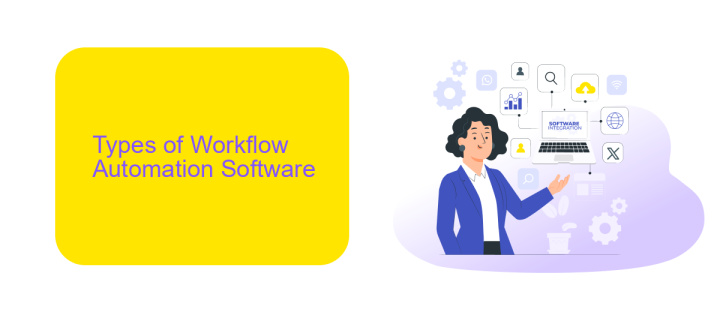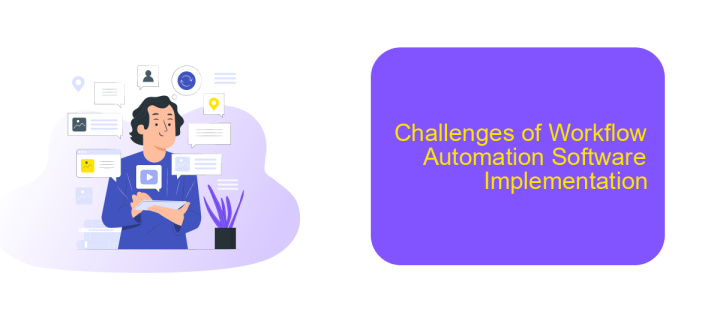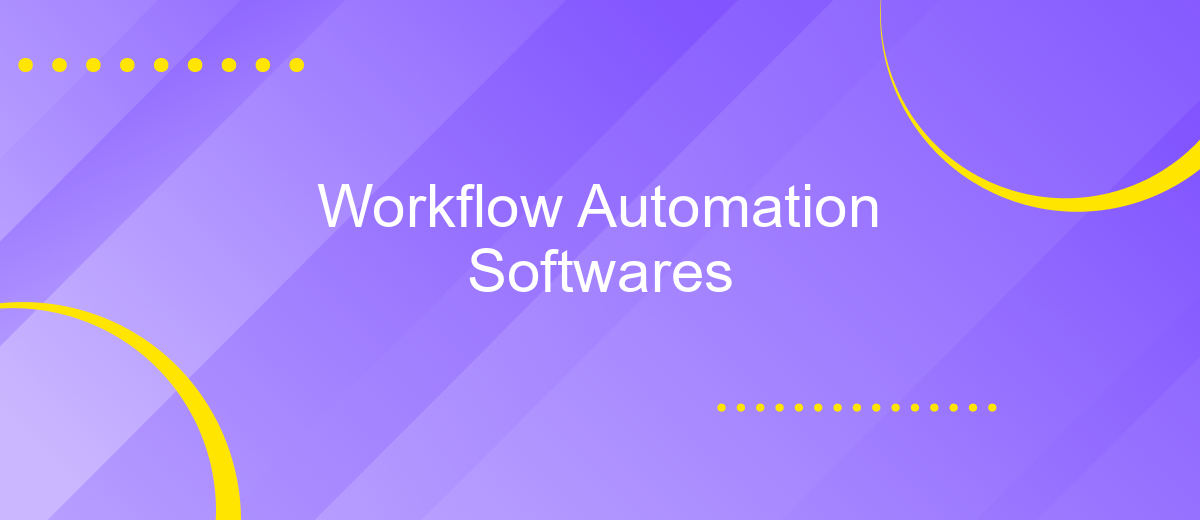Workflow Automation Softwares
In today's fast-paced business environment, workflow automation software has become essential for enhancing productivity and efficiency. These tools streamline repetitive tasks, reduce human error, and allow teams to focus on more strategic activities. By automating processes, companies can optimize their operations, save time, and ultimately increase their bottom line. Discover how workflow automation software can transform your business.
Introduction
Workflow automation software has become an essential tool for businesses aiming to enhance efficiency and streamline operations. These platforms enable organizations to automate repetitive tasks, reduce human error, and optimize resource management. By integrating various applications and services, workflow automation tools facilitate seamless communication and data transfer across different departments, leading to improved productivity and cost savings.
- Automated task management
- Enhanced collaboration
- Real-time data synchronization
- Reduced operational costs
- Improved accuracy and compliance
One notable example is ApiX-Drive, a service that simplifies the process of setting up integrations between various software applications. By leveraging ApiX-Drive, businesses can easily connect their existing tools, ensuring smooth data flow and automated workflows. This not only saves time but also allows teams to focus on more strategic tasks, ultimately driving growth and innovation.
Types of Workflow Automation Software

Workflow automation software can be broadly categorized into several types based on their functionality and application. One common type is task automation software, which focuses on automating repetitive tasks such as data entry, email responses, and scheduling. These tools help in enhancing productivity by reducing manual effort and minimizing errors. Another popular type is process automation software, which is designed to streamline complex business processes. This type of software often includes features like workflow management, process mapping, and performance analytics to ensure that business operations run smoothly and efficiently.
Additionally, integration automation software plays a crucial role in connecting various applications and services to work together seamlessly. Tools like ApiX-Drive excel in this area by providing easy-to-use interfaces for setting up integrations without requiring extensive technical knowledge. This type of software is essential for businesses looking to synchronize data across different platforms, thereby improving data accuracy and operational efficiency. Lastly, document automation software focuses on generating, managing, and storing documents automatically, helping organizations maintain compliance and improve document workflows.
Benefits of Workflow Automation Software

Workflow automation software significantly enhances business efficiency by streamlining repetitive tasks and processes. These tools help organizations save time and reduce human errors, leading to increased productivity and better resource management.
- Time Savings: Automating routine tasks frees up employees to focus on more strategic activities.
- Error Reduction: Automated workflows minimize the risk of human errors, ensuring consistency and accuracy.
- Cost Efficiency: By automating processes, businesses can reduce operational costs and improve their bottom line.
- Improved Collaboration: Workflow automation software facilitates better communication and collaboration among team members.
- Seamless Integrations: Tools like ApiX-Drive allow for easy integration between different software systems, ensuring smooth data flow and process continuity.
Overall, implementing workflow automation software can transform the way businesses operate, leading to more efficient processes and a competitive edge in the market. By leveraging tools like ApiX-Drive for integrations, companies can further enhance their automation capabilities and achieve seamless operational efficiency.
Challenges of Workflow Automation Software Implementation

Implementing workflow automation software can significantly enhance operational efficiency, but it also presents a series of challenges. One of the primary obstacles is the initial setup and integration with existing systems. Organizations often have diverse technology stacks, making seamless integration a complex task.
Another challenge is the resistance to change from employees. Adapting to new software requires training and a shift in daily routines, which can be met with reluctance. Ensuring that the workforce is adequately trained and comfortable with the new system is crucial for successful implementation.
- Complex integration with existing systems
- Employee resistance to change
- Data security and privacy concerns
- High initial investment costs
- Ongoing maintenance and updates
Services like ApiX-Drive can mitigate some of these challenges by simplifying the integration process. ApiX-Drive offers a user-friendly platform for connecting various applications, reducing the technical burden on IT departments. By addressing the integration hurdle, organizations can focus more on training and change management, ensuring a smoother transition to automated workflows.
Considerations for Choosing Workflow Automation Software
When selecting workflow automation software, it's essential to evaluate the specific needs of your organization. Consider the types of tasks you need to automate and identify software that specializes in those areas. Look for user-friendly interfaces and robust customer support to ensure smooth implementation and ongoing use. Additionally, assess the scalability of the software to ensure it can grow with your business needs.
Integration capabilities are another crucial factor. Ensure the software can seamlessly integrate with your existing tools and platforms. Services like ApiX-Drive can be invaluable in this regard, as they facilitate easy and efficient integrations between various applications. Security and compliance features should also be scrutinized to protect sensitive data and adhere to industry regulations. Finally, compare pricing models to find a solution that offers the best value for your budget while meeting all your workflow automation requirements.
FAQ
What is workflow automation software?
How can workflow automation software benefit my business?
Is it difficult to set up workflow automation software?
What types of tasks can be automated using workflow automation software?
Can I integrate multiple applications with workflow automation software?
Strive to take your business to the next level, achieve your goals faster and more efficiently? Apix-Drive is your reliable assistant for these tasks. An online service and application connector will help you automate key business processes and get rid of the routine. You and your employees will free up time for important core tasks. Try Apix-Drive features for free to see the effectiveness of the online connector for yourself.

